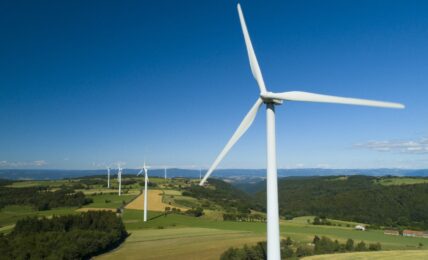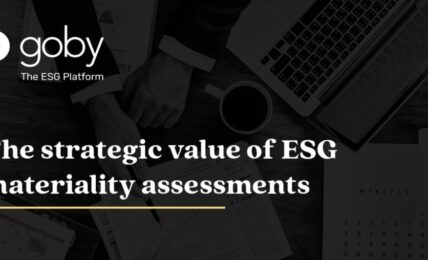The World Business Council for Sustainable Development (WBCSD) announced today the launch of Vision 2050: Time to Transform, laying out a vision of a world in which more than 9 billion people are able to live well, within planetary boundaries, by 2050. The report centers on 3 key challenges facing the world, including the climate emergency, nature loss and mounting inequality.
The WBCSD is a global, CEO-led organization of over 200 leading businesses, representing combined revenue of more than USD $8.5 trillion and 19 million employees, working together to accelerate the transition to a sustainable world.
WBCSD President and CEO Peter Bakker, said:
“Vision 2050: Time to Transform should not be read with the idea that tomorrow is going to be much the same as today. This is a report for change, starting now, outlining how business needs to play a leading role. We have no time to waste. Achieving this vision requires a wholesale transformation of everything we have grown up with: energy needs to decarbonize; materials need to go circular; food needs to be produced sustainably and equitably and provide healthy diets.
“Our future depends on transformation. One of the keys to success will be a mindset shift around capitalism. Our economic systems, incentives, global accounting standards and capital market valuations can no longer just be based on the financial performance of businesses: we must integrate our impact on people and planet as part of how we define success and determine enterprise value.”
Developed with more than 40 leading businesses, including Microsoft, PwC, Nestlé and Toyota, the vision offers a framework to guide business action over the next decade in order to ensure a more sustainable and prosperous future. The framework centers on the transformation pathways for the key transitions required in nine essential areas of business activity, including energy; transportation and mobility; living spaces; products and materials; financial products and services; connectivity; health and wellbeing; water and sanitation; and food.
Colm Kelly – Global Leader, Purpose, Policy and Corporate Responsibility, PwC, said:
“Market economies have the potential to help to address the most profound challenges faced by our societies and by our planet. But this requires fundamental change. Our economic and business models, which are designed to deliver financial performance as a priority, must urgently change so that they also address the needs of broader stakeholders and environmental sustainability. Vision 2050 is an important contribution to highlight how this can happen.”
Vision 2050 calls for a reinvention of capitalism that rewards value creation rather than value extraction, for businesses to focus on building long-term resilience to upcoming disruptions, and to think regeneratively, moving beyond a “doing no harm” mindset.
Signatories to Vision 2050 include CEOs, Chairs and Sustainability executives representing 42 companies, including 3M, ACCIONA, Arcadis, ArcelorMittal, BASF, Bayer, Chanel, DNV, DSM, EDF Group, ENGIE, ERM, EY, Fujitsu, Givaudan, Godrej Industries, Henkel, IFF, Inter IKEA Group, Microsoft Corporation, Mitsubishi Corporation, Natura, Neste Corporation, Nestlé, Olam International, PwC, Rabobank, Banco Santander, Shell, Sompo Japan Insurance Inc., SONAE, Syngenta, The Navigator Company, Toyota Motor Corporation, Unilever, Vale, Volkswagen, and Yara.
In the report, the signatories stated:
“Business can lead. Business can forge the collaborations required to drive change. It can… but more than that, it must. It is in business’s interest to pursue the transformations set out in Vision 2050 – because its long-term success depends on thriving societies to trade with, and a healthy planet for us all to exist on.”
The post WBCSD, Leading Businesses Launch Vision and Pathways to Global Sustainable Transformation appeared first on ESG Today.



